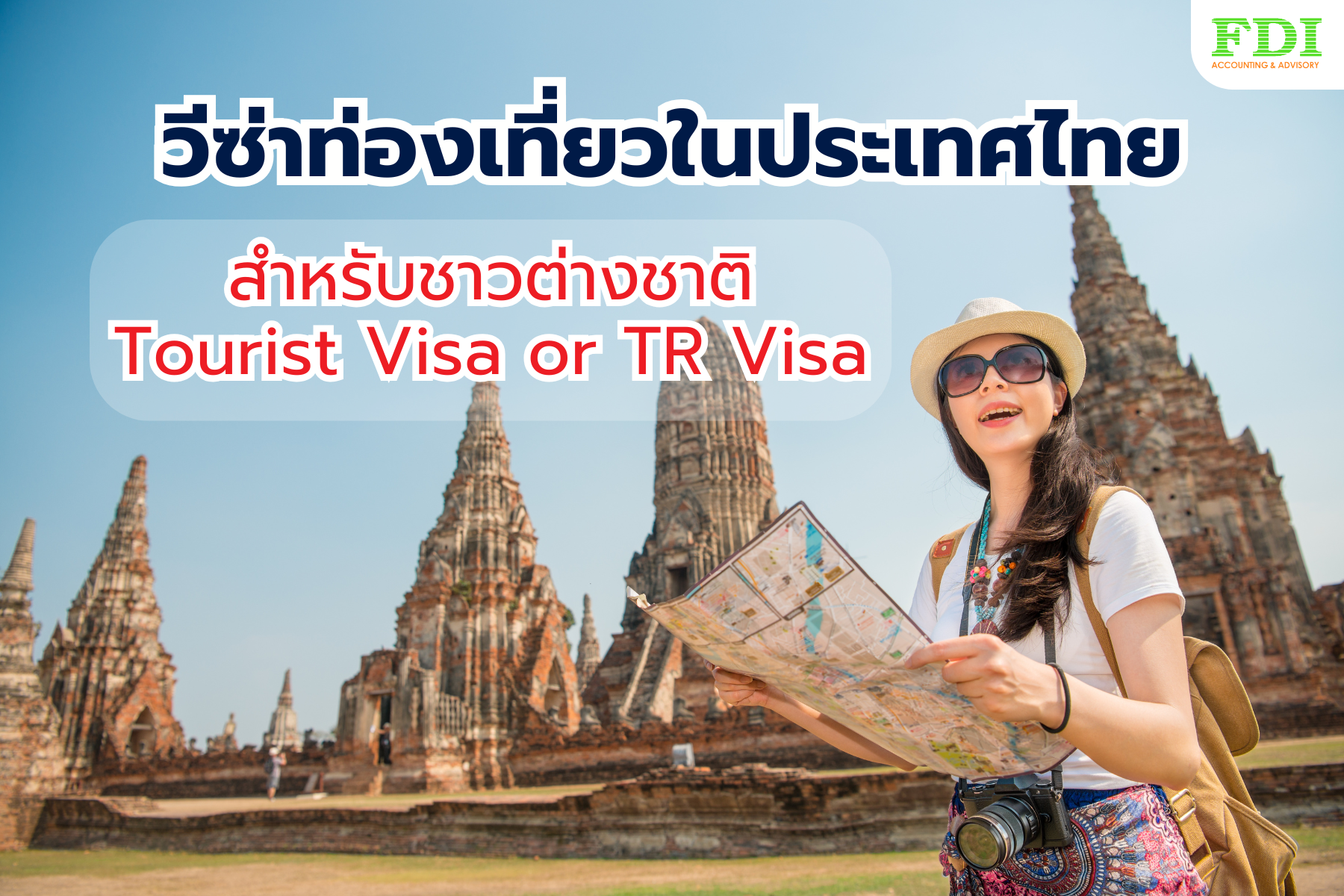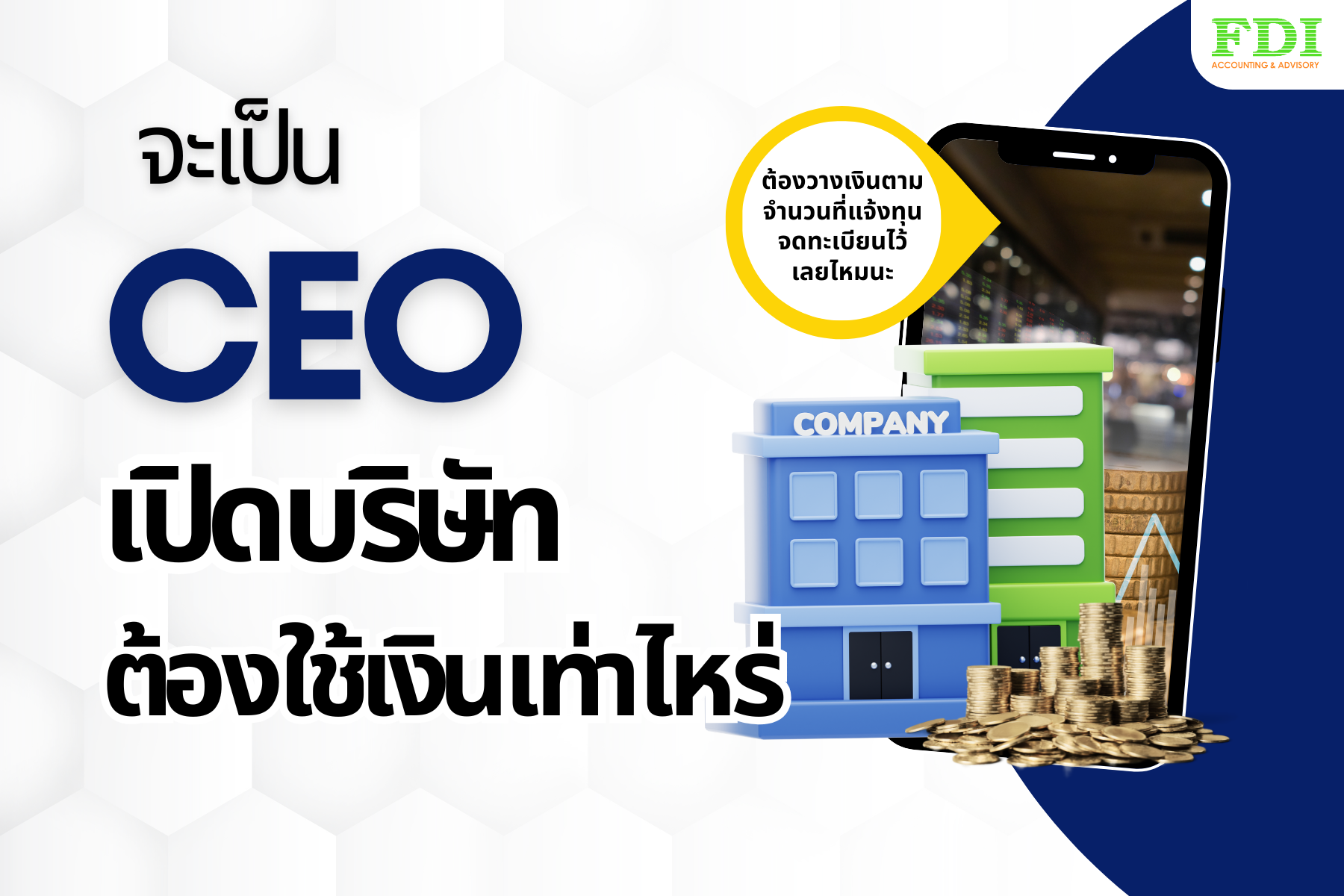Hiring foreign workers in Thailand plays a significant role in sectors where Thai workers are either unwilling or unavailable to work, creating a gap that foreign labor can fill within the Thai labor market. However, employing foreign workers is not merely about filling labor-intensive positions it also requires strict compliance with foreign labor laws, work permit regulations, and immigration procedures as stipulated by Thai law.
What will you gain from reading this article?
- You will learn the proper procedures to follow if your business employs foreign workers.
- Understand the basic information, requirements, and regulations concerning foreign workers.
- Learn about the basic rights of foreign workers, such as social security benefits that covermedical treatment, maternity, disability, and other welfare entitlements.
- Understand how to apply for a Work Permit and process a Visa correctly.
oday, we’ve gathered essential insights that every employer should know before and after hiring foreign workers whether they are from Myanmar, Laos, Cambodia, or Vietnam especially those employed under the MOU system or temporary permission scheme. This includes key employer obligations to ensure all employment processes are carried out in full compliance with the law.
What information must employers submit when hiring foreign workers?
1. You must understand the proper system for hiring foreign workers in compliance with Thai labor regulations.
MOU
It is a system established under agreements between Thailand and the workers’ home countries (Myanmar, Laos, and Cambodia), allowing workers to enter Thailand legally through official procedures. This system is suitable for long-term employment, with a 2-year initial work period that can be extended for another 2 years, totaling 4 years of legal employment in Thailand.
Summary of the process:
- Submit a request to import foreign workers to the Department of Employment.
- Allow workers to enter the country through designated entry points.
- Undergo a medical check-up, obtain insurance, and apply for a work permit.
- Allowed to stay in Thailand for 2 years, with the possibility of extending for another 2 years.
Relaxation System (Allows those already in the country to adjust their status)
For example, groups already residing in Thailand without complete documentation may be allowed by the government to register and apply for proper authorization later during specific periods.
2. You must verify whether the hired workers possess valid and legal documents.
Before hiring any foreign worker, employers must verify the worker’s documents.
- Possess a passport or temporary travel document (TD).
- Hold a valid visa that matches the purpose of entry (e.g., Non-LA labor visa).
- Have a valid Work Permit that has not expired.
It is strictly prohibited to hire foreign workers who lack proper documentation or overstay their visas, as this is considered illegal for both the workers and the employers.
3. Apply for a Work Permit.
The employer must apply for the worker’s Work Permit within 15 days after employment begins, by submitting the application to the Provincial Employment Office or the District Employment Office where the business is located.
Documents required:
- Application form
- Copy of house registration or company certificate
- Workplace location map
- Employment contract
- Other worker-related documents as required by official forms
4. The visa must be processed correctly (in cases of new entry or change of employment status).
MOU workers entering Thailand must change their visa type to Non-LA in order to work legally.
- Proceed at the Immigration Office.
- The employer must act as the sponsor.
- The application must be submitted before the current visa expires.
5. Reporting and creating a worker registration record
Foreign workers must complete the following procedures:
- Report to the authorities within 15 days after receiving the Work Permit.
- Create a worker registration record.
- Undergo a medical examination at a hospital designated by the government.
- Obtain health insurance for foreign workers (in cases where they are not covered by social security).

6. Register for Social Security (if eligible).
Employers with at least one employee are required to register their employees in the social security system within 30 days after employment begins, so that workers can receive basic benefits such as medical care, maternity, and disability compensation.
📌 MOU foreign workers who hold a valid Work Permit and Visa are eligible to register for social security just like Thai workers, provided that their employment is legal. This group must be registered under the social security system and make monthly contributions, ensuring they receive the same legal protection and benefits as Thai employees.
7. Workers must undergo training before starting work.
Workers must attend training at the government’s pre-employment and employment termination center, where they receive education and skills training in various fields, as well as undergo screening and verification before being permitted to work in Thailand. Upon completing the training, they will also be issued a Work Permit.
8. Workers must be at least 18 years old.
In cases where employment of workers under 18 is permitted, the worker must be at least 15 years old, and may only be employed in non-hazardous work.
9. Employee reporting requirements
Foreign workers must report their residence every 90 days to the Immigration Office. They may report up to 15 days before or within 7 days after the due date. Failure to report within the legally specified period will result in a fine or legal penalty.
“Important Notes and Cautions” for Employers Who Fail to Comply with the Law
Key Information for Employers
- The visa and work permit must have matching expiration dates.
- Employers must report any change of workplace location or job position accurately and in accordance with the regulations.
- If an employee is terminated, the employer mustreport the termination within 15 days; otherwise, they will still be legally responsible.
Cautions for Employers and Employees
1. If an employer hires a foreign worker without a valid work permit, they are subject to a fine of 10,000–100,000 THB per worker, imprisonment for up to 1 year, or both. If the offense is repeated, the penalty increases to imprisonment for up to 1 year, a fine of 50,000–200,000 THB, or both, and the employer will be prohibited from hiring foreign workers for 3 years.
2. For foreign workers without a valid work permit, the penalty is a fine of 5,000–50,000 THB per person, followed by deportation from Thailand, and they will be prohibited from applying for a new work permit for 2 years from the date of penalty enforcement.
FDI is ready to provide consulting services for work permit and visa applications of all types.
- Provide consultation on work permit applications and related documentation.
- Provide Work Permit and Visa preparation and application services.
- Renew 2-year / 4-year work permits, provide social security extension services, and offer consultation on worker reporting procedures.
- Including consultation on other foreign worker-related matters you can contact our experts right away.
Contact Us
- Facebook : FDI Group – Business Consulting
- @fdigroup
- Phone : 02-642-6866, 02-642-6869, 02-642-6895
- E-mail : infojob@fdi.co.th
- Website : www.fdi.co.th
BlogArticles
วีซ่าท่องเที่ยวในประเทศไทย สำหรับชาวต่างชาติ (Tourist Visa) คืออะไร
วีซ่าท่องเที่ยวคืออะไร ? สำหรับวีซ่าท่องเที่ยว...
Read Moreรวมคำถาม – พร้อมคำตอบที่พบบ่อย จดทะเบียนบริษัท ทุนจดทะเบียนบริษัทขั้นต่ำ
ตามกฏหมายระบุไว้ว่า สามารถจดทะเบียนบริษัทได้ด้วยทุนจดทะเบียนขั้นต่ำ 10...
Read Moreธุรกิจกับผู้บริโภค จะสร้างการมีส่วนร่วมลดคาร์บอนฟุตพริ้นท์อย่างไร ?
ในยุคที่วิกฤตการเปลี่ยนแปลงสภาพภูมิอากาศ (Climate Change)...
Read More



